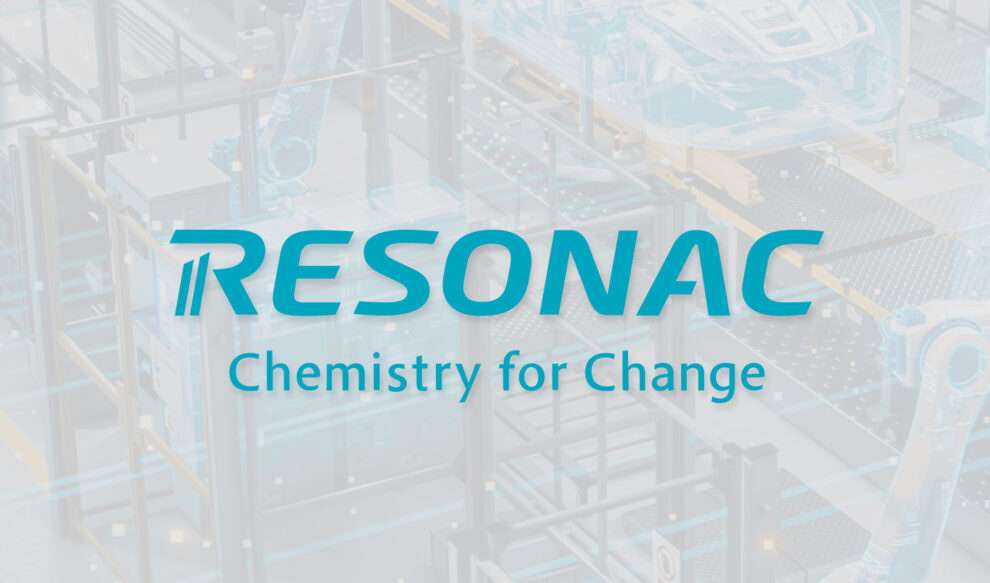Japan’s Resonac Holdings, a key player in the semiconductor materials industry, is shifting gears after years of restructuring. With its debt reduced and a leaner operational structure in place, the company is now preparing to go on the offensive, pursuing strategic deals and positioning itself as a central figure in the ongoing consolidation of the global chip materials sector. Hidehito Takahashi, Resonac’s CEO, outlined this new direction in a recent interview with Reuters, signaling the company’s intent to capitalize on opportunities in an increasingly competitive market.
Resonac, formed through Showa Denko’s acquisition of Hitachi Chemical, has undergone significant changes in recent years. The merger created one of Japan’s largest chip materials manufacturers but also left the company burdened with substantial debt. To address this, Resonac embarked on an aggressive restructuring plan, which included selling off non-core assets and planning a partial spin-off of its petrochemical business. These efforts have paid off, enabling the company to reduce its financial liabilities and free up resources for future growth initiatives.
Now, with a stronger balance sheet, Resonac is turning its focus outward. “We will go on the offensive from this year,” Takahashi declared, emphasizing the company’s readiness to pursue mergers, acquisitions, and other strategic partnerships. One area of particular interest is the potential exit of Japan’s state-backed fund from JSR Corporation, a rival photoresist maker. JSR was taken private last year by the Innovation Network Corporation of Japan (INCJ), a government-backed investment fund, as part of an effort to drive consolidation in the domestic semiconductor materials industry.
“It’s a fund, so there will be an exit in the end,” Takahashi noted, adding that Resonac wants to play a role in that process. While he did not elaborate on specific plans, his comments suggest the company is positioning itself as a potential buyer or collaborator in any deal involving JSR. Such a move could significantly reshape the competitive landscape in Japan’s semiconductor materials sector, where companies are under increasing pressure to scale up and innovate.
The need for consolidation is driven by both market dynamics and technological demands. Japan remains home to many leading manufacturers of semiconductor materials and equipment, even as the country has ceded its dominance in chip production to rivals like Taiwan and South Korea. However, the individual markets for these materials—such as photoresists, silicon wafers, and advanced packaging solutions—are relatively small. This fragmentation makes it difficult for companies to achieve the scale necessary for substantial capital investments and cutting-edge research and development.
Takahashi highlighted this challenge, noting that scaling up is essential for staying competitive. To that end, Resonac is investing in innovation, particularly in areas tied to advanced semiconductor packaging and materials. The company is establishing a new research and development center in Silicon Valley, a hub of technological advancement and collaboration. By deepening ties with firms in the region, Resonac aims to stay at the forefront of emerging trends in the semiconductor industry while fostering partnerships that could lead to breakthroughs in materials science.
Despite its ambitions, Resonac is taking a measured approach to expanding its manufacturing footprint. For now, the company has no immediate plans to produce materials in the United States, where demand for domestically manufactured semiconductors is rising amid geopolitical tensions and supply chain disruptions. However, Takahashi acknowledged that this could change if customer demand surges. He pointed to factors such as potential U.S. government subsidies and tariffs as considerations that would influence any decision to set up local production facilities.
This pragmatic stance reflects Resonac’s broader strategy: balancing ambition with caution. While the company is eager to seize opportunities, it is also mindful of the risks associated with overextending itself in uncertain markets. By focusing on high-value sectors like advanced packaging and leveraging its expertise in materials science, Resonac hopes to carve out a sustainable niche in the global semiconductor ecosystem.
The timing of Resonac’s push for growth is significant. The semiconductor industry is undergoing rapid transformation, fueled by advancements in artificial intelligence, 5G technology, and electric vehicles. These developments are driving demand for more sophisticated chips—and, by extension, the specialized materials needed to manufacture them. At the same time, governments around the world are prioritizing semiconductor self-sufficiency, creating new incentives for companies to invest in local supply chains.
For Japan, the stakes are especially high. Once a leader in chip manufacturing, the country has seen its share of the global market shrink over the past few decades. Yet, Japanese firms continue to excel in niche areas like semiconductor materials, where they hold commanding positions. Companies like Resonac, Shin-Etsu Chemical, and Tokyo Electron are recognized globally for their expertise and reliability. Maintaining this edge will require not only continued innovation but also strategic collaboration and consolidation.
As Resonac embarks on this next chapter, its success will hinge on its ability to execute its vision effectively. The company’s leadership appears confident, buoyed by the progress made during its restructuring phase and the opportunities presented by the evolving industry landscape. Whether it can translate this optimism into tangible results remains to be seen, but one thing is clear: Resonac is determined to remain a key player in the global semiconductor materials arena.
For now, all eyes are on how the company navigates the coming months. Will it succeed in acquiring or partnering with JSR? How will its Silicon Valley R&D center contribute to innovation? And what role will it play in shaping the future of Japan’s semiconductor industry? These questions underscore the importance of Resonac’s journey—not just for the company itself, but for the broader ecosystem it serves. As Takahashi put it, “We’re ready to take bold steps.” Only time will tell if those steps lead to lasting success.
















Add Comment